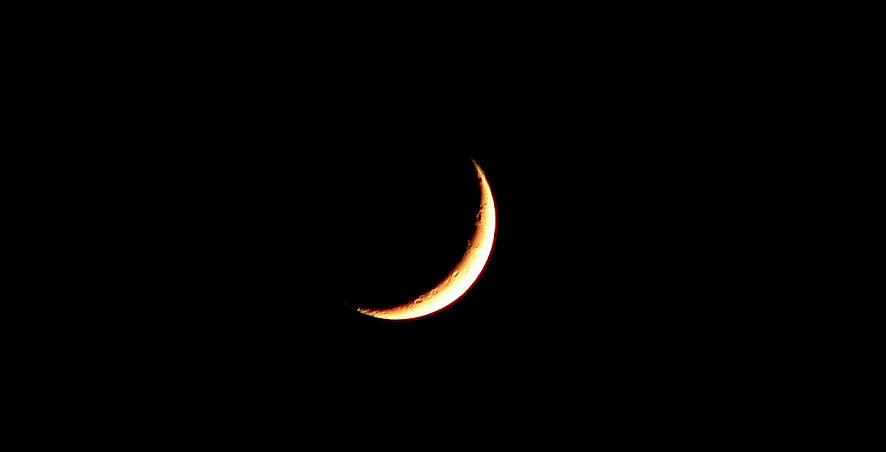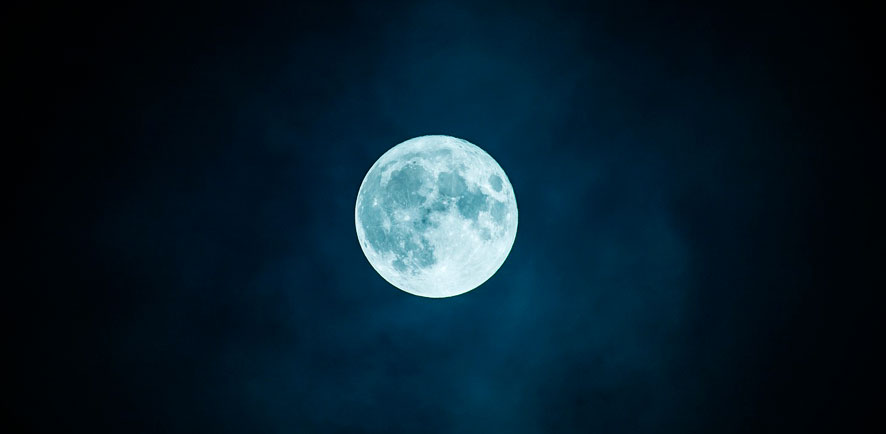Tilling the land according to the lunar phases is an idea that has been with us since we began to grow our own food. Lately this modus operandi has been making a comeback thanks to the permaculture movement, a philosophy of working with nature, rather than against it.
But how can a natural satellite located more than 200,000 miles away from us affect the growth of plants on Earth?
Well, it is that the moon, just as it displaces the water of the seas causing the tides, also exerts a great influence on our crops: If the tides are higher during the new and full moon phases, in these same phases the seeds also absorb a greater amount of water.
Here's a list of tasks according to the characteristics of each moon phase so that you get a better performance from your gardens:
New Moon
It is a period of rest, since there is a very slow growth of roots and leaves. An ideal time to prepare the ground and eliminate weeds.

Waxing crescent
In this phase, the sap rises up the stems, making it a perfect stage for planting vegetables such as cauliflowers or broccoli as well as for planting tomatoes, peppers or zucchini.
We will also take advantage of this lunar phase to fertilize vegetables, harvest fruits, vegetables and onions.

Full Moon
The sap is concentrated in the leaves of the plants. It is a good time to make cuttings and grafts.

Waning moon
When the moon is in this phase, the sap goes down to the underground part of the plant, making it perfect for planting vegetables from which we eat their roots such as garlic, onions, potatoes, radishes, turnips, carrots ...

They say that old methods never fail... Do you practice Moon Gardening?
--
Source via - Farmers Almanac, The Microgardener & Un huerto en mi balcón
Did you enjoy reading the article? Has it clarified any doubts for you? Give us your opinion and help us spread it on your social networks. We also invite you to follow us on Instagram.




